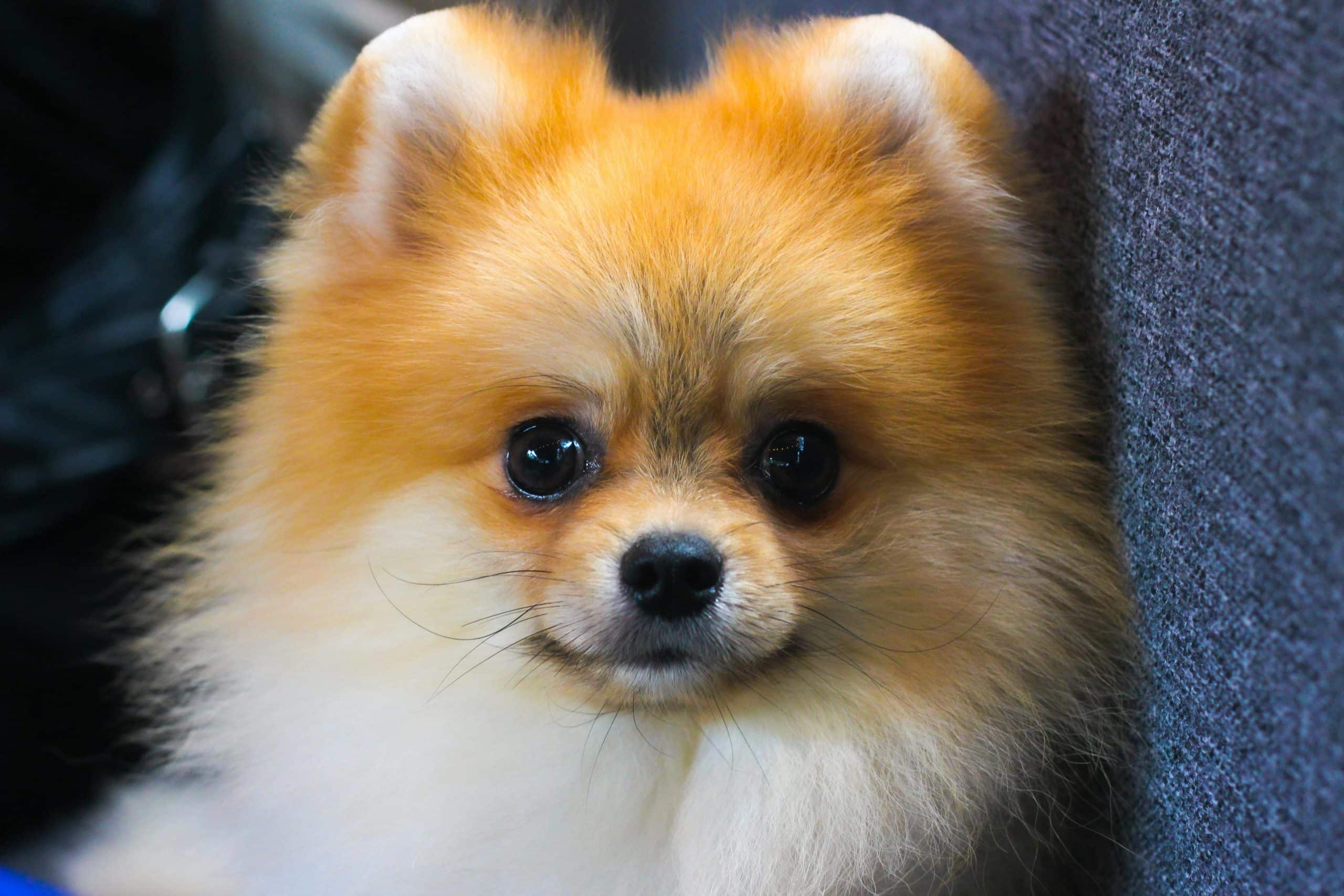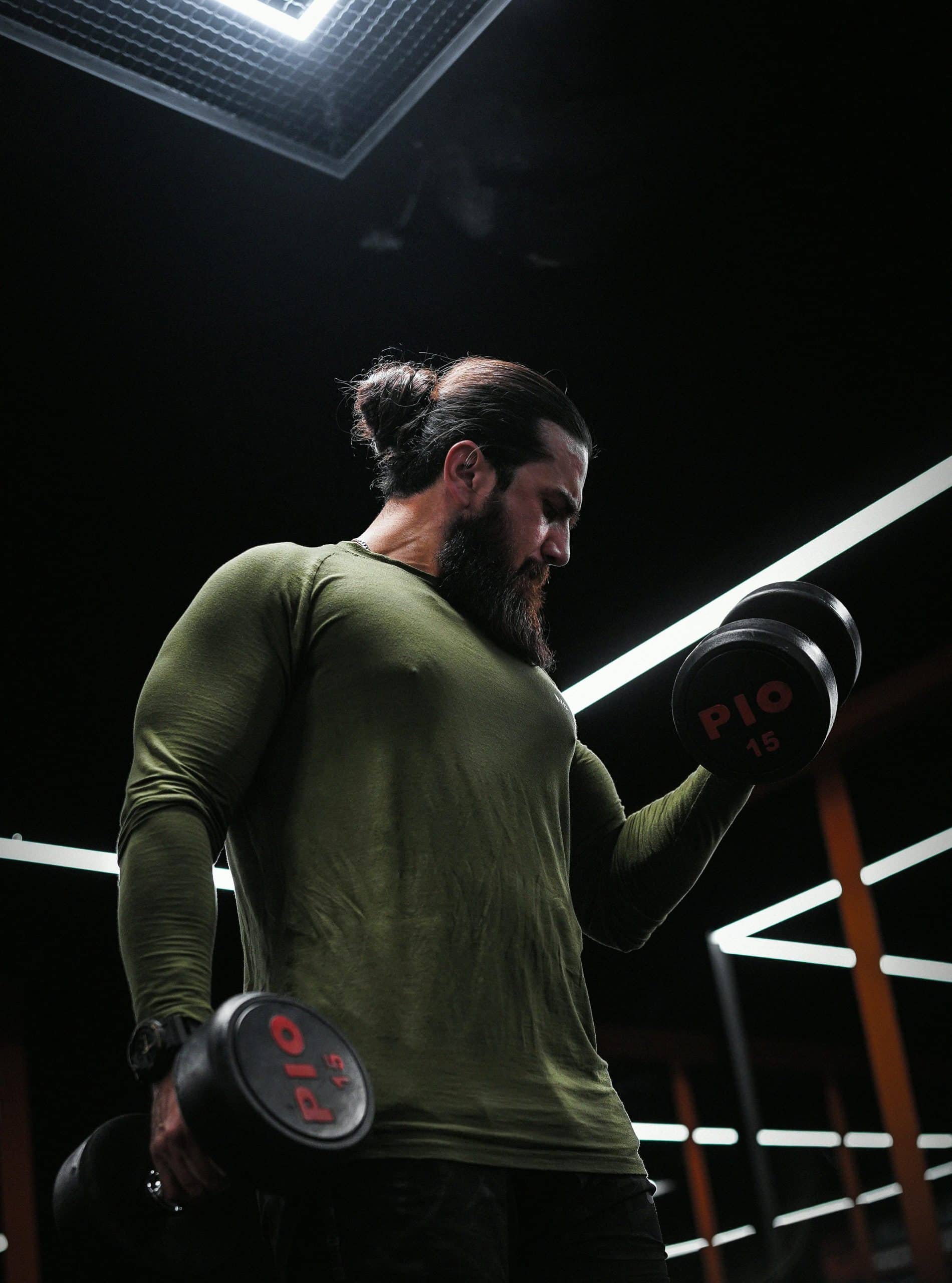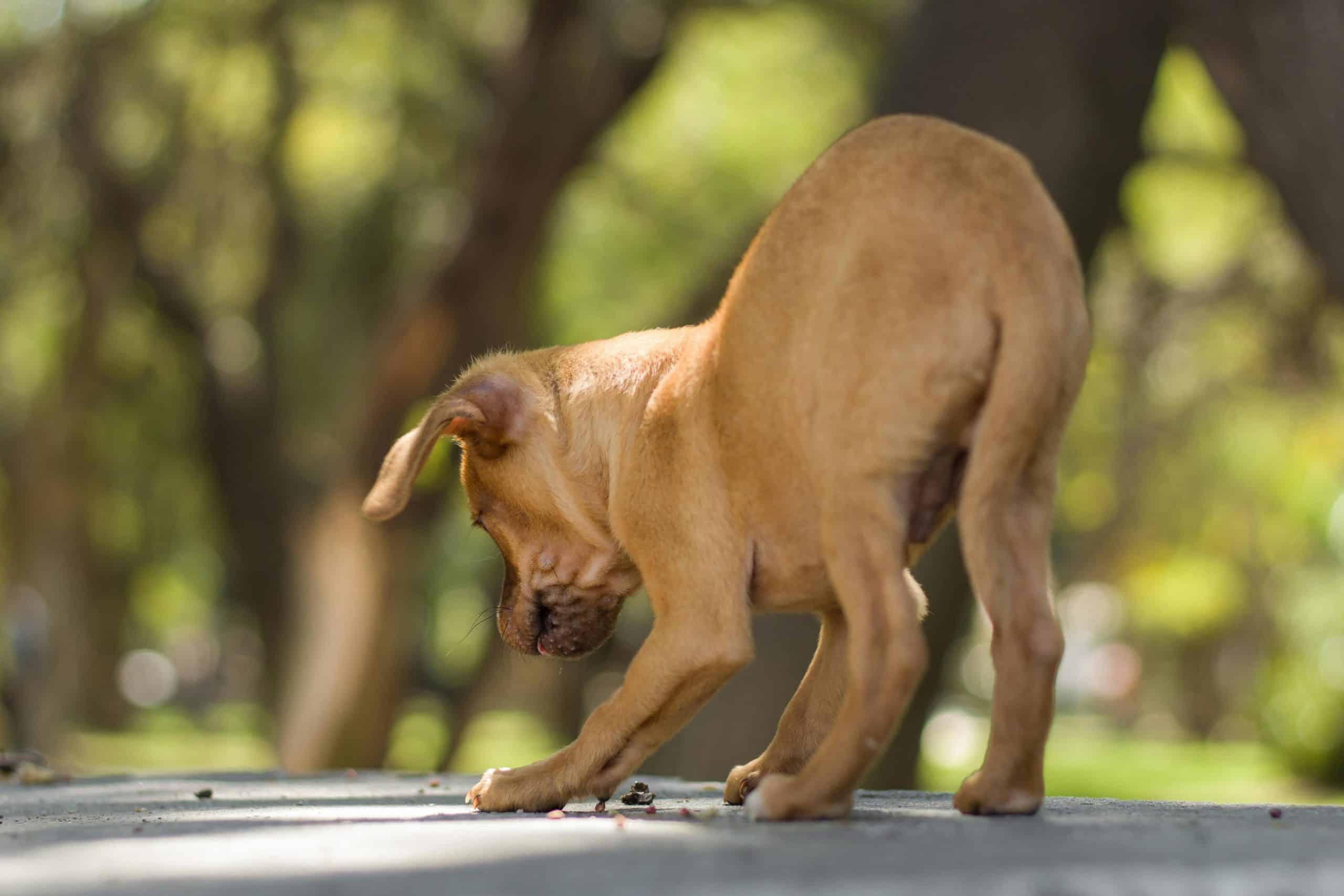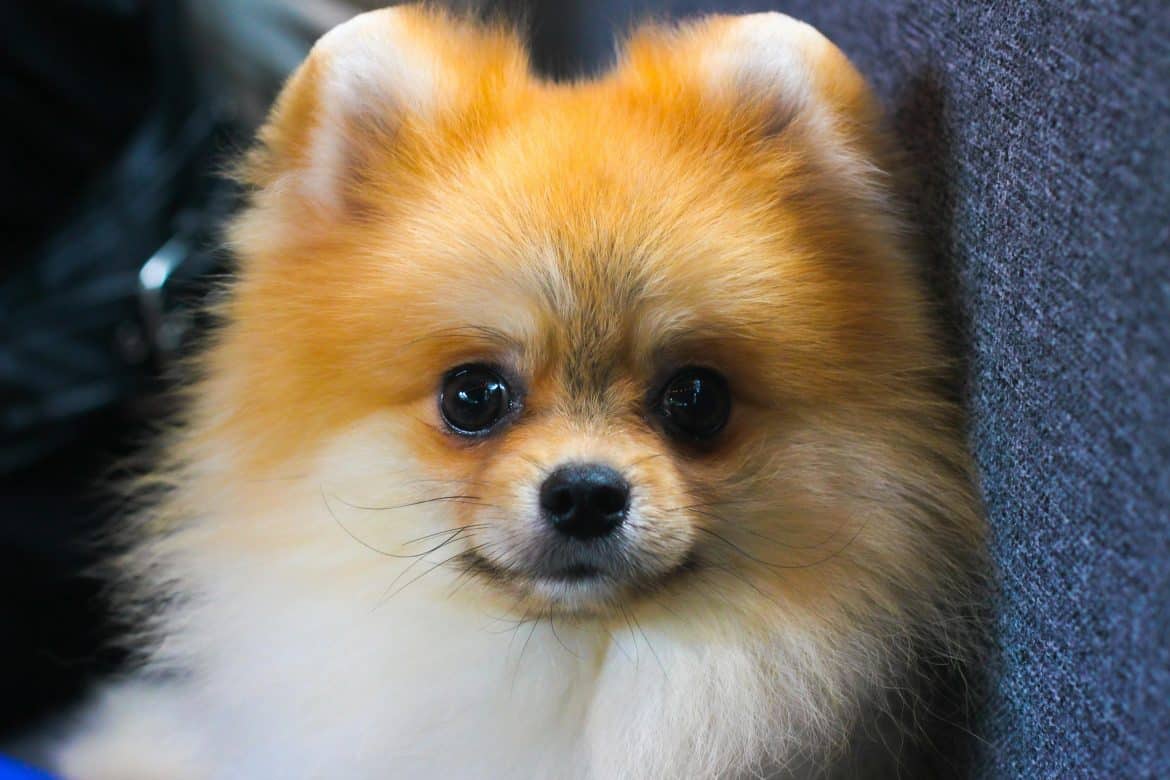So, you just brought home your adorable new puppy and everything seems to be going smoothly until you catch them in the act - your puppy is chewing on their pee pad! Don't panic, this is a common issue that many puppy owners face. In this article, we'll explore some helpful tips and tricks to handle the situation when your furry friend decides to snack on their pee pad. From understanding why they're doing it to steps you can take to prevent it, we've got you covered. Let's get started!
How to Handle it When Your Puppy Eats a Pee Pad

This image is property of images.pexels.com.
Assessing the Situation
When you discover that your puppy has eaten a pee pad, it's important to assess the situation to ensure your puppy's health and safety. First, check for any immediate health risks. Look for signs of choking or difficulty breathing. If your puppy is showing any distress, seek immediate veterinary assistance.
Next, observe your puppy's behavior. Is your puppy acting normally, or does he seem lethargic or in pain? Any unusual behavior should be noted and reported to the veterinarian. Additionally, it's crucial to determine the amount of pee pad your puppy has consumed. This information will be valuable for the veterinarian to assess the potential risks and determine the appropriate course of action.
Consulting a Veterinarian
Contacting a local veterinarian is the next step when your puppy eats a pee pad. Explain the situation and provide all relevant information, including the size and type of pee pad, the approximate amount your puppy consumed, and any accompanying symptoms or changes in behavior. The veterinarian will be able to evaluate the situation and provide necessary advice and guidance.
It's essential to follow the veterinarian's advice closely. They may ask you to monitor your puppy for specific symptoms or bring your puppy in for an examination. Regardless of the recommended course of action, remember that your veterinarian has the expertise and knowledge to handle situations like these.
Monitoring Your Puppy
After consulting the veterinarian, it's crucial to keep a close eye on your puppy. Observe any changes in behavior, such as increased or decreased appetite, lethargy, or abnormal bathroom habits. These behavioral changes can provide valuable insights into your puppy's overall health and well-being.
Additionally, monitor your puppy's urine and feces. Any changes in color, consistency, or frequency should be noted and reported to the veterinarian. It's also important to watch for signs of discomfort or distress, such as whining, restlessness, or excessive licking in the genital area. These signs may indicate an underlying issue related to the consumption of the pee pad.
Preventing Future Consumption
To prevent your puppy from eating pee pads in the future, it's essential to remove access to them. Keep the pee pads out of your puppy's reach and replace them with alternative potty training methods. Consider using a crate or designating a specific area outdoors for potty breaks. Supervise your puppy closely and redirect their attention if they show any interest in chewing or consuming inappropriate items.
Establishing and maintaining a consistent routine is also crucial for preventing future consumption. Take your puppy out for regular bathroom breaks, rewarding and reinforcing proper elimination. By offering positive reinforcement and consistency, you can train your puppy to understand the appropriate bathroom habits and eliminate the need for pee pads altogether.

This image is property of images.pexels.com.
Managing Digestive Issues
If your puppy displays any signs of digestive upset after eating a pee pad, it's important to address the issue promptly. Provide a bland diet consisting of easily digestible food, such as boiled chicken and rice. Offer small and frequent meals to give your puppy's digestive system time to recover. Additionally, introducing probiotics can help restore the balance of healthy gut bacteria and aid in digestion.
Monitor your puppy for any signs of persistent digestive upset, such as vomiting, diarrhea, or abdominal pain. If these symptoms occur or worsen, consult your veterinarian for further guidance and potential treatment options.
Addressing Potential Obstructions
In some cases, a puppy eating a large amount of a pee pad may lead to potential obstructions in the digestive system. Watch for signs such as vomiting, abdominal pain, difficulty defecating, or a lack of appetite. If you suspect an obstruction, it's crucial to consult a veterinarian before attempting any interventions.
Avoid inducing vomiting without veterinary advice, as certain materials, like the pee pad, can cause further damage if regurgitated forcefully. Instead, follow the veterinarian's instructions for treatment, which may include monitoring your puppy, administering medication, or even surgical intervention in severe cases.

This image is property of images.pexels.com.
Supporting Healthy Elimination
To support healthy elimination habits in your puppy, encourage regular bathroom breaks. Take your puppy outside to a designated potty area frequently, especially after meal times, naps, or play sessions. When your puppy eliminates in the appropriate location, reward and reinforce the behavior with praise, treats, or playtime.
Using positive reinforcement techniques can significantly aid in potty training. Instead of scolding or punishing your puppy for accidents, focus on rewarding and reinforcing proper elimination habits. This positive approach will help your puppy associate going outside with positive experiences, making them more likely to repeat the desired behavior.
Consider crate training as part of your potty training routine. A crate can serve as a safe and cozy den for your puppy and can help limit access to inappropriate bathroom areas. Remember to introduce the crate gradually and create a positive association by providing treats, toys, and comfortable bedding.
Utilizing Taste Deterrents
To discourage your puppy from chewing or consuming pee pads, you can use taste deterrents. Apply taste deterrents to the pee pads to make them unappealing to your puppy. Bitter sprays or gels are common options that can deter puppies from chewing or licking inappropriate objects.
There are also natural deterrent options that you can explore, such as mixing lemon juice with water and spraying it on the pee pads. However, ensure that any taste deterrents you use are safe for puppies and do not contain any harmful ingredients.
Exploring Training and Obedience
Enrolling in puppy training classes can be immensely beneficial for both you and your puppy. These classes provide professional guidance and support, helping you learn effective training techniques to prevent and address behavioral issues, including potty training. The trainers can guide you on teaching commands specific to potty training, establishing routines, and reinforcing positive behaviors.
When training your puppy, focus on positive reinforcement rather than punishment. Rewarding desired behavior with treats, praise, or playtime will encourage your puppy to repeat the behavior. Be patient and consistent with your training efforts, understanding that puppies may make mistakes along the way. Continued practice and reinforcement will help your puppy develop good bathroom habits.
Seeking Professional Help
If you're struggling with your puppy's potty training or behavioral issues, don't hesitate to seek professional help. Contact a professional dog trainer who specializes in puppy training and behavior modification. They can provide personalized guidance and support tailored to your specific situation.
Consulting with an animal behaviorist is another option to consider, especially if there are underlying behavioral issues contributing to your puppy's consumption of the pee pads. An animal behaviorist can help identify and address these issues, working with you to develop a customized plan for your puppy's training and behavior modification.
Remember, professional help is available for a reason. Don't hesitate to reach out and get the assistance you need to ensure the best outcome for your puppy's training and overall well-being.
In conclusion, when your puppy eats a pee pad, it's crucial to assess the situation, consult a veterinarian, monitor your puppy closely, prevent future consumption, manage digestive issues, address potential obstructions, support healthy elimination, utilize taste deterrents, explore training and obedience, and seek professional help if needed. By following these steps and implementing appropriate strategies, you can effectively handle the situation and ensure the well-being of your furry friend.


